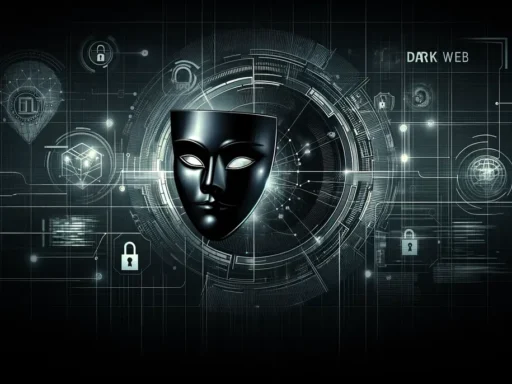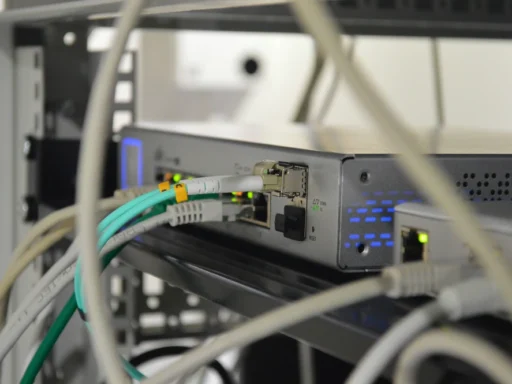In the rapidly evolving field of cybersecurity, staying ahead of the curve is essential. While hands-on experience and certifications are critical, books remain a valuable resource for deepening your understanding of both foundational and advanced concepts. Whether you’re just starting out or looking to expand your expertise, these ten books are essential reads that cover a broad spectrum of cybersecurity topics.
1. “The Web Application Hacker’s Handbook: Finding and Exploiting Security Flaws” by Dafydd Stuttard and Marcus Pinto (2011)
Overview: This book is an essential guide for mastering web application security. It provides detailed insights into the methodologies and tools used by professional penetration testers, offering practical techniques for discovering and exploiting security flaws.
Why It’s Important: With the rise in web application attacks, understanding how to secure them is crucial. This book is highly regarded in the industry for its comprehensive approach to testing web applications, making it a staple for anyone involved in web security.
Key Topics: SQL injection, cross-site scripting (XSS), session hijacking, and advanced testing techniques.
2. “Hacking: The Art of Exploitation” by Jon Erickson (2008)
Overview: This book dives deep into the technical aspects of hacking, offering readers a strong foundation in the underlying principles of computer systems and security vulnerabilities. It includes a live CD for hands-on practice.
Why It’s Important: It provides a thorough understanding of how and why exploits work, making it invaluable for those who want to grasp the core concepts of cybersecurity from a hacker’s perspective. The book’s blend of theory and practical exercises makes it a standout in cybersecurity literature.
Key Topics: Buffer overflows, shellcode, cryptography, and network attacks.
3. “The Phoenix Project: A Novel About IT, DevOps, and Helping Your Business Win” by Gene Kim, Kevin Behr, and George Spafford (2013)
Overview: This novel offers valuable insights into IT operations and the principles of DevOps, highlighting the importance of integrating cybersecurity within the broader IT infrastructure.
Why It’s Important: Understanding how cybersecurity fits into the larger IT ecosystem is key for aspiring professionals. The book provides practical lessons on managing IT environments securely, which is essential for cybersecurity roles that require cross-functional knowledge.
Key Topics: DevOps, IT management, process improvement, and incident response.
4. “Metasploit: The Penetration Tester’s Guide” by David Kennedy, Jim O’Gorman, Devon Kearns, and Mati Aharoni (2011)
Overview: This book is the definitive guide to using Metasploit, a crucial tool in penetration testing. It offers step-by-step instructions for exploiting vulnerabilities in real-world scenarios.
Why It’s Important: Proficiency in tools like Metasploit is critical for penetration testers and security analysts. This book not only teaches how to use Metasploit effectively but also helps you understand the underlying principles of penetration testing.
Key Topics: Exploit development, post-exploitation techniques, and vulnerability scanning.
5. “Practical Malware Analysis: The Hands-On Guide to Dissecting Malicious Software” by Michael Sikorski and Andrew Honig (2012)
Overview: A comprehensive guide to malware analysis, this book provides practical techniques for dissecting and understanding malicious software. It includes real-world examples and hands-on labs.
Why It’s Important: With malware being a persistent threat, the ability to analyze and mitigate it is crucial. This book is widely used by professionals to develop the skills needed to combat modern malware threats effectively.
Key Topics: Static and dynamic analysis, reverse engineering, and debugging malware.
6. “Applied Cryptography: Protocols, Algorithms, and Source Code in C” by Bruce Schneier (1995)
Overview: Bruce Schneier’s “Applied Cryptography” is a seminal work in the field, offering an in-depth look at cryptographic techniques and protocols. It covers a wide range of algorithms and provides practical advice on implementing cryptographic solutions.
Why It’s Important: Cryptography is the backbone of many cybersecurity practices. This book is often regarded as the bible of cryptography, essential for anyone looking to master encryption and secure communication.
Key Topics: Encryption algorithms, cryptographic protocols, and implementation strategies.
7. “The Cuckoo’s Egg: Tracking a Spy Through the Maze of Computer Espionage” by Clifford Stoll (2005)
Overview: This true story of how a systems administrator uncovered a cyber espionage ring offers both a thrilling narrative and deep insights into the early days of cybersecurity.
Why It’s Important: It’s a classic in the field, illustrating the importance of vigilance, persistence, and curiosity—qualities essential for any cybersecurity professional. The book also provides a historical context that is still relevant today.
Key Topics: Incident response, network security, and cyber espionage.
8. “Social Engineering: The Science of Human Hacking” by Christopher Hadnagy (2018)
Overview: Christopher Hadnagy’s book delves into the psychological aspects of cybersecurity, exploring how attackers manipulate people to gain unauthorized access to systems.
Why It’s Important: Social engineering remains one of the most effective ways to breach security systems. Understanding and countering these human vulnerabilities is crucial, making this book an essential read for those involved in security awareness and training.
Key Topics: Phishing, psychological manipulation, and security awareness.
9. “Security Engineering: A Guide to Building Dependable Distributed Systems” by Ross Anderson (2020)
Overview: This comprehensive guide provides in-depth knowledge on building secure and reliable systems. Ross Anderson covers both technical and human aspects of security engineering, making it an essential read for security architects.
Why It’s Important: For those looking to design and manage secure systems, this book offers a wealth of knowledge. Its insights into the principles of security engineering are crucial for building systems that can withstand modern threats.
Key Topics: Security architecture, access control, and system reliability.
10. “Cybersecurity and Cyberwar: What Everyone Needs to Know” by P.W. Singer and Allan Friedman (2014)
Overview: This book offers a broad overview of cybersecurity and cyber warfare, making it accessible to both beginners and seasoned professionals. It addresses the key issues, challenges, and strategies in the field.
Why It’s Important: Understanding the geopolitical and strategic implications of cybersecurity is crucial. This book provides the necessary context to appreciate the broader impacts of cybersecurity on national and global scales.
Key Topics: Cyber warfare, policy, and international cybersecurity challenges.
Conclusion
These ten books offer a comprehensive foundation for anyone aspiring to excel in cybersecurity. From practical guides to insightful narratives, each book provides valuable knowledge that can help you navigate and master the complexities of the cybersecurity landscape.
Call to Action: Start with the book that aligns most closely with your current learning goals, and make reading a regular part of your professional development. Continuous learning is key to staying ahead in cybersecurity, and these books are the perfect companions on your journey.












